We recently connected with Thomas Kneeland and have shared our conversation below.
Alright, Thomas thanks for taking the time to share your stories and insights with us today. What’s been the most meaningful project you’ve worked on?
I’m currently writing a memoir-in-verse that 1) uses critical fabulation to fill the gaps of a matrilineal, Afrocuban narrative that reaches back to the Cuban War of Independence and flees to the Deep South at the turn of the twentieth century, 2) superimposes present-day American context onto Cuban-American relations of the late nineteenth century to the mid-twentieth century, and 3) reiterates the necessity of matriarchs as sacred culture-bearers and keepers of wisdom; engages in creative/academic dialogue and discourse regarding topics of intergenerational trauma in Black, Afro-Latinx, and Afro-Indigenous communities; and shows how reimagination and preservation of ancestral narratives can reinforce Black, Indigenous, and Afro-Latine archives and amplify collective consciousness during times of racial, historical, and political crisis.
I hold much reverence for this project because our mothers have always had to carry their voices beneath silenced tongues. Unfortunately, though, they haven’t always had the luxury of choosing what they could release from their mouths. A few months ago, I learned that my grandmother—though an American citizen, born in the Deep South—feared deportation because my hometown newspaper featured an article where I mentioned ongoing research regarding Afrocuban ancestry. I understood, then, that her delay in telling me about such a rich history and bloodline—until I was 31—was rooted in protection, not omission. In the two years I’ve spent circling my newly accepted identity as an Afrocuban man with Nigerian and Indigenous roots, the same question continues to echo: What ancestral seeds have my matriarchs entrusted to me, that I now have an obligation to cultivate?
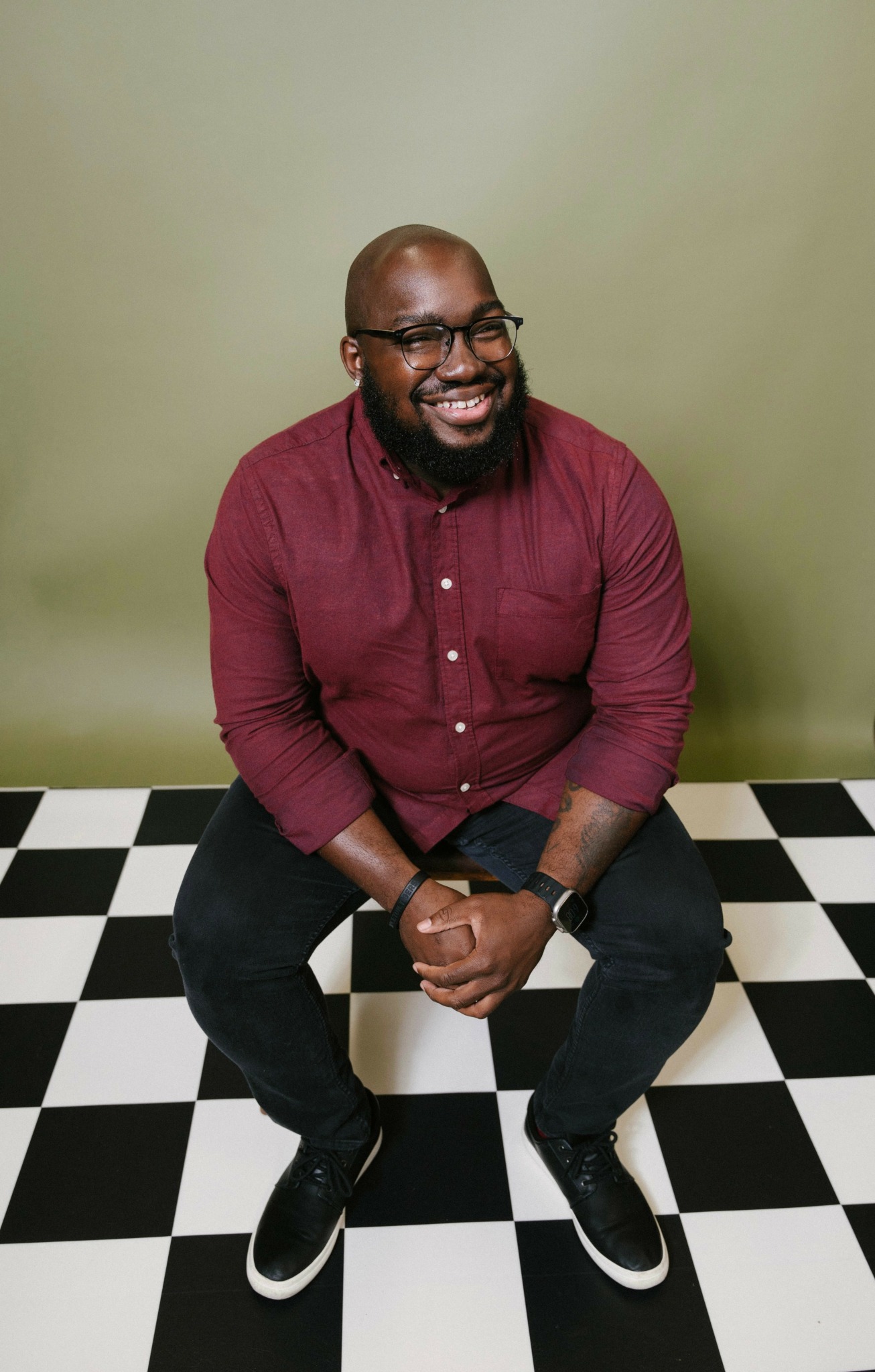
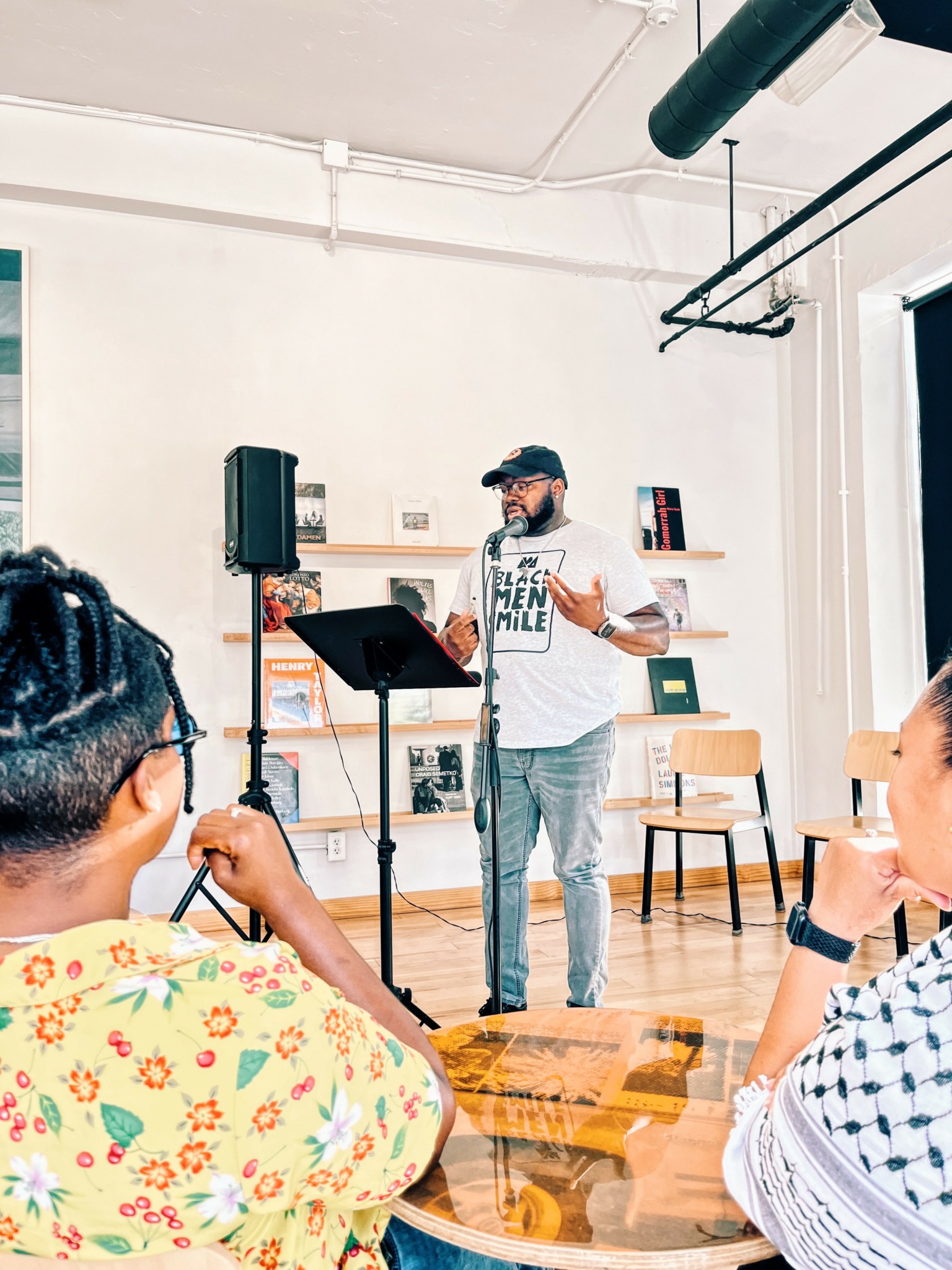
Thomas, before we move on to more of these sorts of questions, can you take some time to bring our readers up to speed on you and what you do?
Thomas Kneeland is an award-winning author, writer, speaker, educator, scholar, and poet whose creative and academic research explores ancestry, ecological memory, and the effects of intergenerational trauma in Black, Afro-Latine, and Afro-Indigenous communities. He is deeply committed to making space for voices of those who have been historically marginalized by teaching creative writing workshops in the Indianapolis community and beyond.
To aid in the formation of his creative and academic contributions, Kneeland has received grants and fellowships from the Central Indiana Community Foundation (CICF) as well as the IU Indianapolis Arts & Humanities Institute (IAHI). He was a recipient of a 2024 CICF Artist Ambassador Travel Grant and was awarded a 2024 Speculative Play & Just Futurities Fellowship from IAHI.
Recently named a 2025 Emerging Scholar by Diverse: Issues in Higher Education, Kneeland served as a Writing Faculty member for the LEDA Scholars Aspects of Leadership Summer Institute at Princeton University before joining the Department of Humanities at Anderson University as an Assistant Professor of English. His poems have appeared, or are forthcoming, in critically-acclaimed journals including Prairie Schooner, Obsidian Literature & Arts in the African Diaspora, The Rumpus, Modern Language Studies Journal, and elsewhere. Kneeland holds a BA in English Writing from DePauw University, an MA in Ministry with a Worship Arts Specialization from Wesley Seminary, and an MFA in Creative Writing from Butler University.
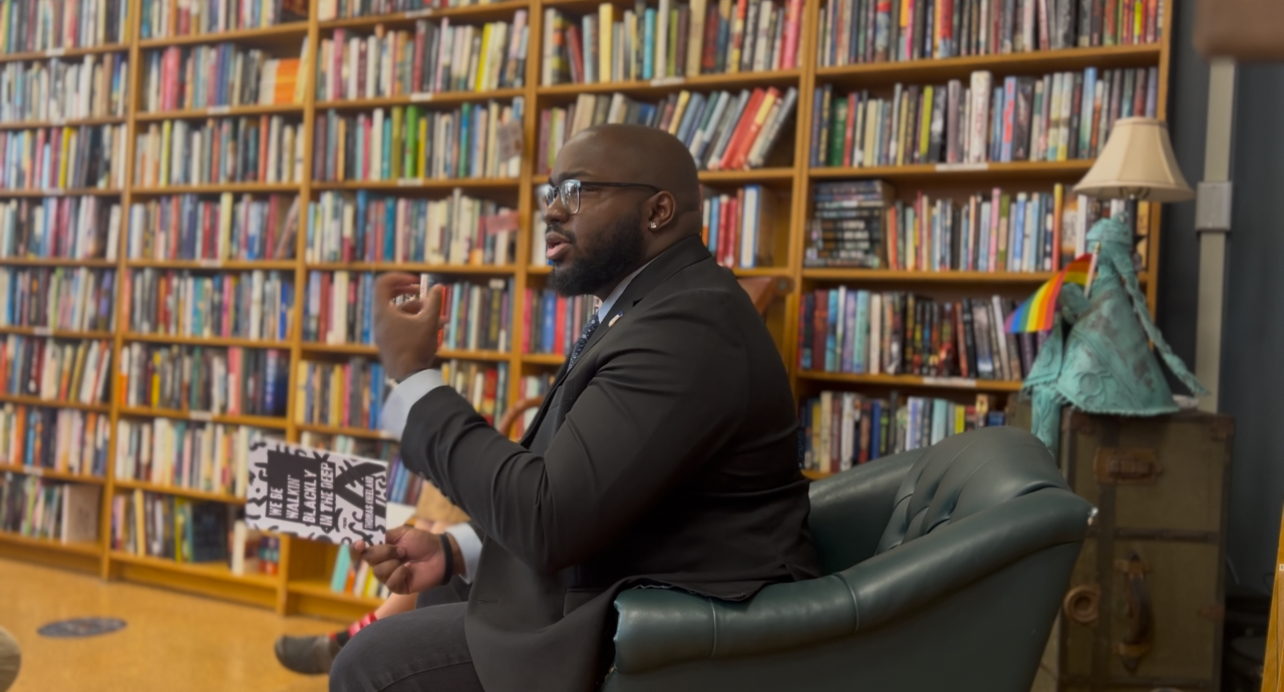
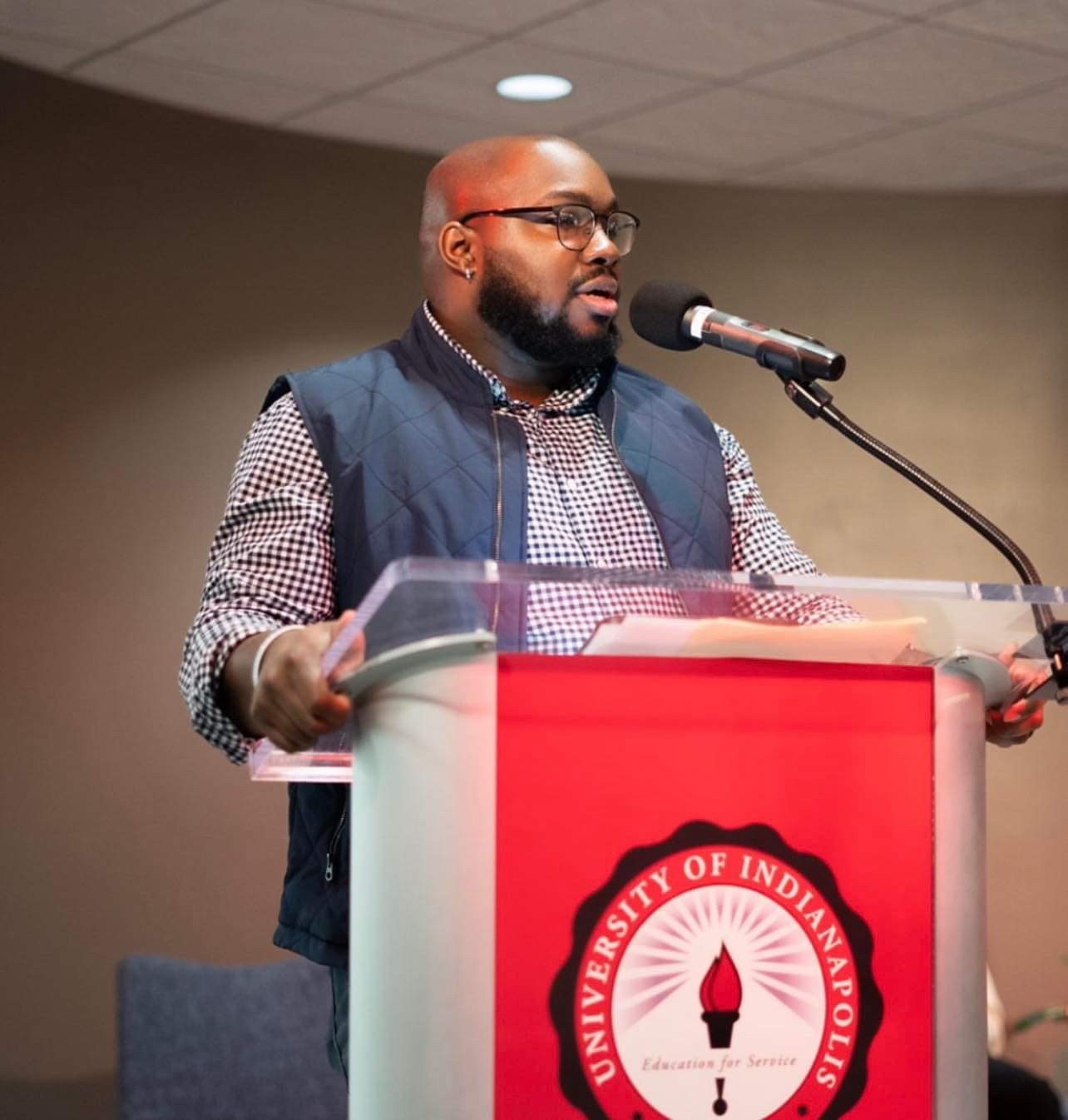
How can we best help foster a strong, supportive environment for artists and creatives?
Take a look around at the environment. That’s the first thing society can do. And by “society,” I mean every single person. We have been taught to believe that there is nothing to gain from the arts, humanities, and creative spaces. However, there is much to gain, mainly because at this point in our society, we have a moral and ethical obligation to circumvent the injustices that plague our world—our country. Artists and creatives have always been a part of the shifts in our world today. From artisans and writers, to filmmakers, we’ve received real glimpses of how our human interactions with the earth impact everything around us. But now, it seems that not enough people are listening to the cries of the artists and creatives who witness—nearby and from afar—for our brothers and sisters who deserve basic human needs, at the very least, but have yet to receive them. So when asked “what can society do to best support artists, creatives, and a thriving ecosystem,” the answers become very simple—Listen. Watch. Follow Instructions. Buy their work. Ask questions. Share with someone else.
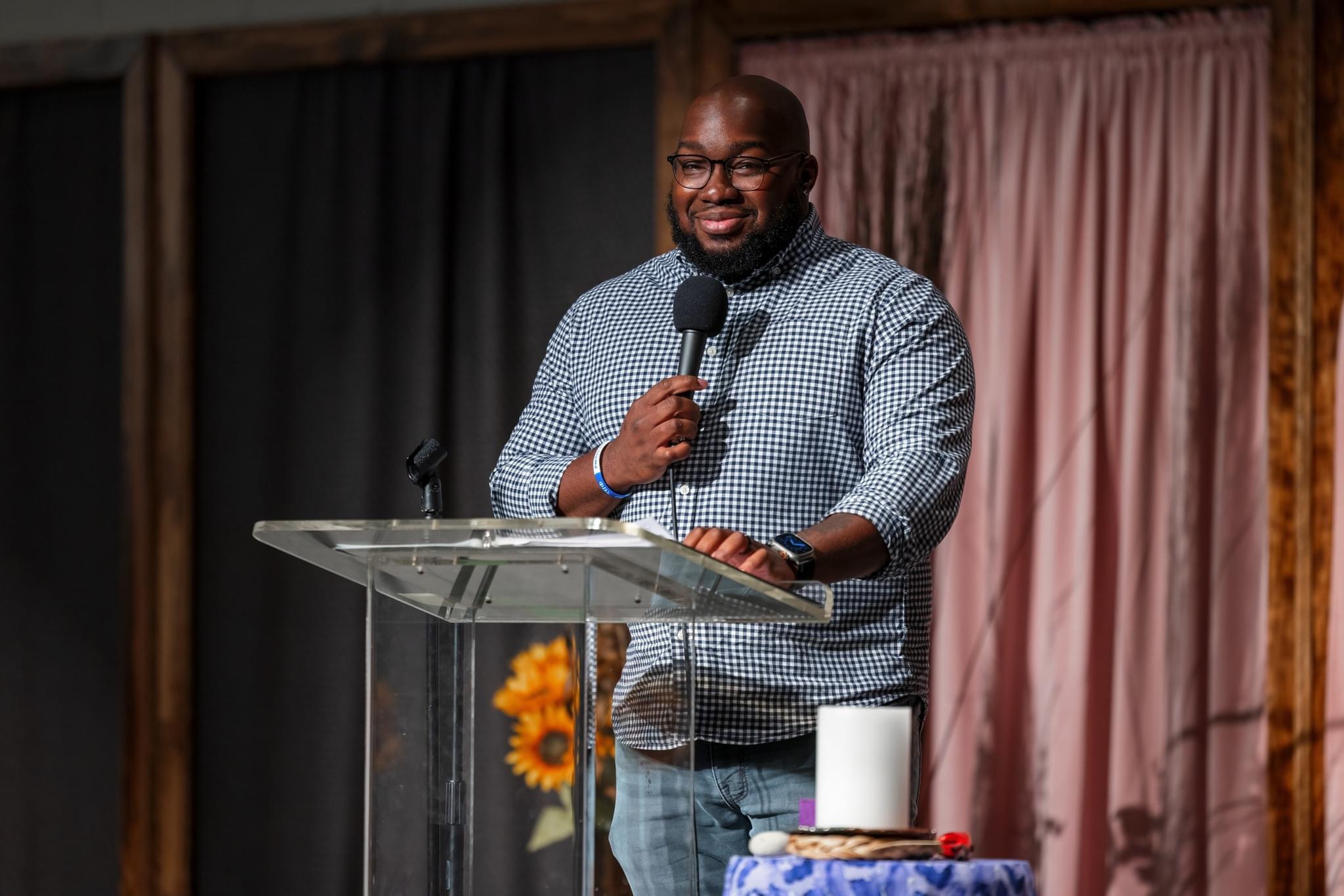
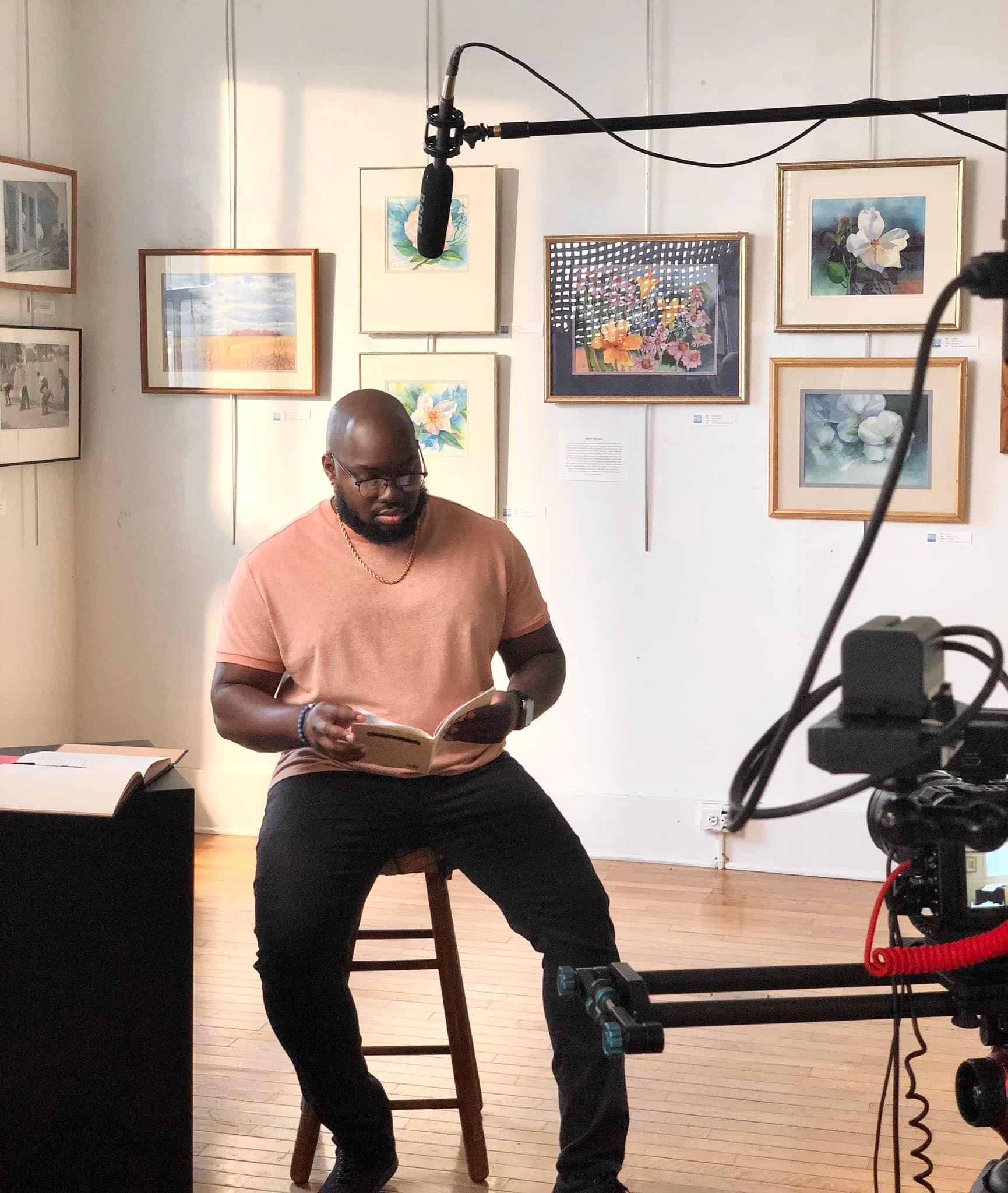
Is there something you think non-creatives will struggle to understand about your journey as a creative? Maybe you can provide some insight – you never know who might benefit from the enlightenment.
The path isn’t linear by any stretch of the imagination. This goes for creatives, artists, and even those in academe. For most of us who create, if not all of us, there are so many elements to our processes: research, creation, self-doubt, fervent faith, supplies, professional development, revenue and sales, outreach, optimization, grant applications, fellowships, and the list continues. And we think about these elements everyday. So when we put our entire souls into the works we create—be it books, ceramics, short films, essays, paintings, comics, quilting—respect the process that goes into the price tag you see. For many of us, it’s not a hobby. It’s a career.
Contact Info:
- Website: https://www.thomaskneeland.com/contact
- Instagram: https://www.instagram.com/thomaskneelandpoetry
- Linkedin: Thomas Kneeland, MA, MFA — https://www.linkedin.com/in/thomaskneelandpoetry/
- Twitter: https://www.x.com/thomaskneeland
- Other: Substack: thomaskneelandpoetry.substack.com
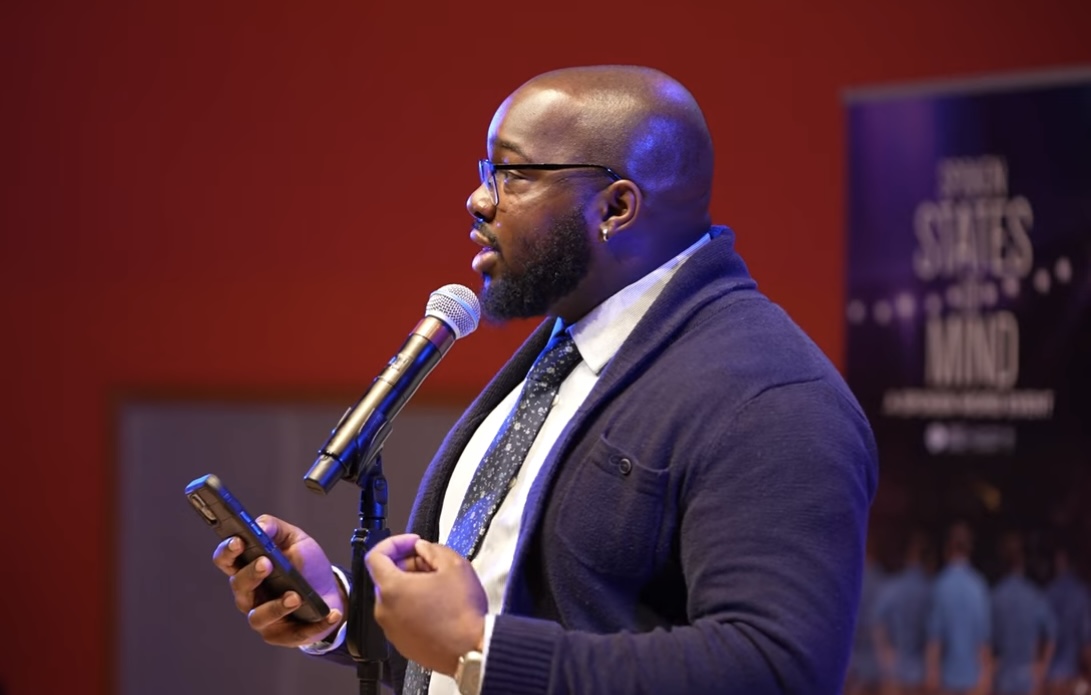
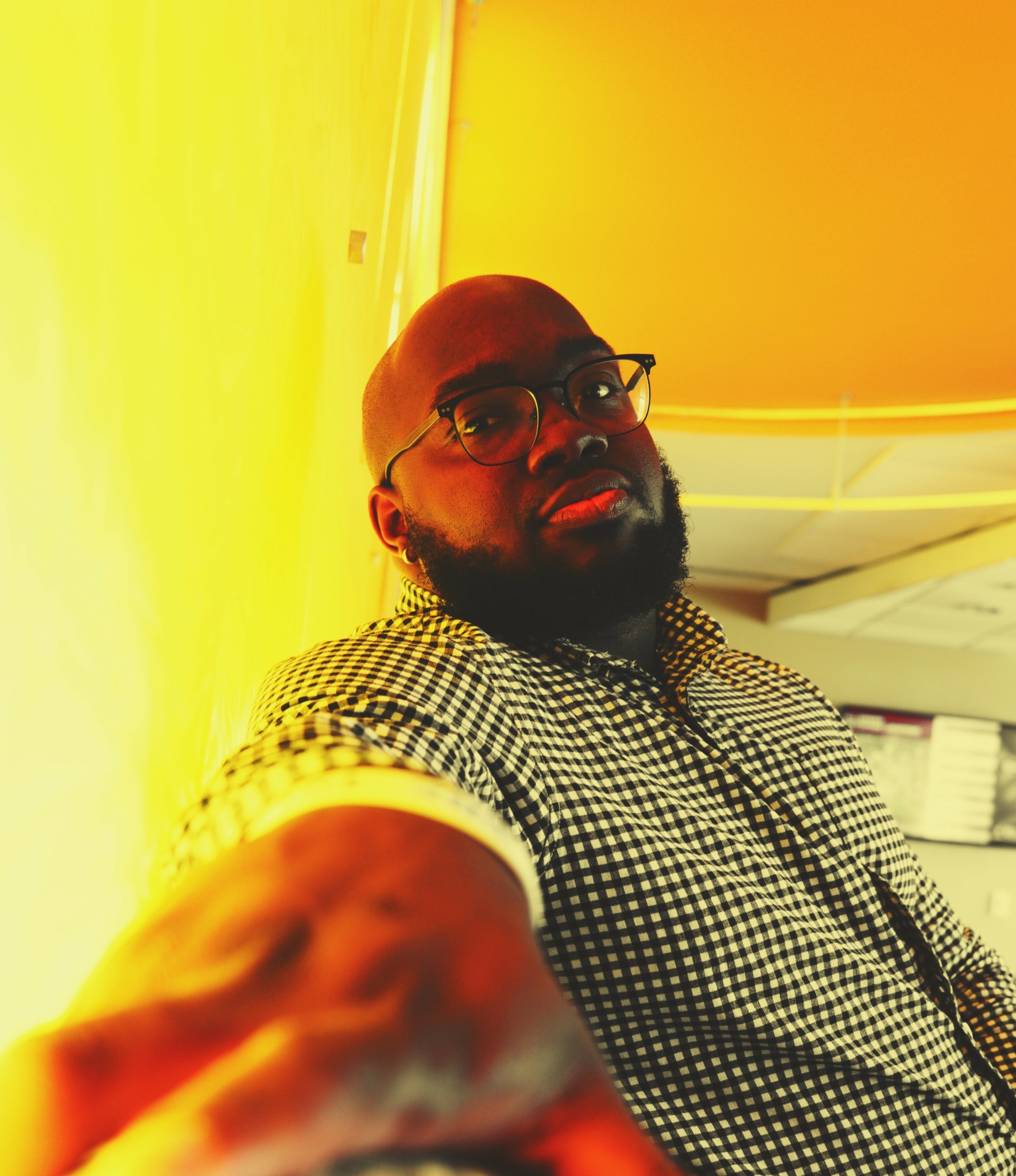
Image Credits
Leah Trib Productions

